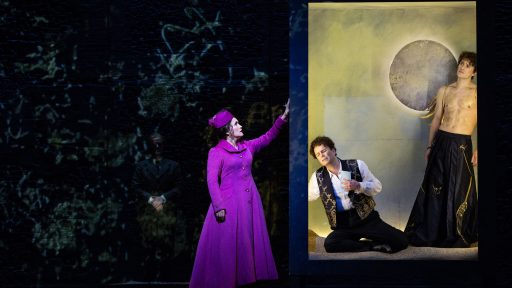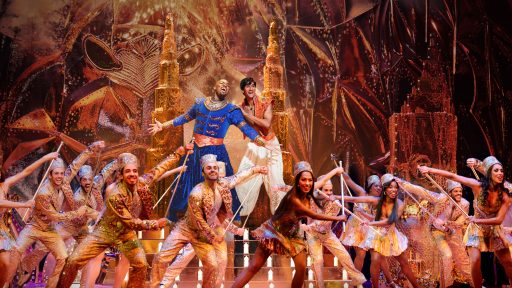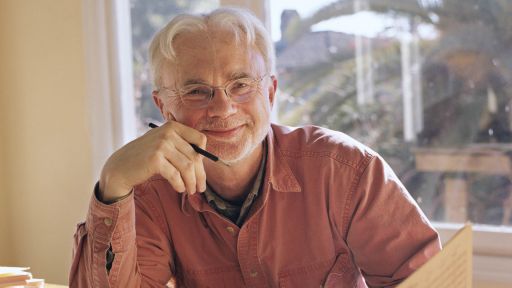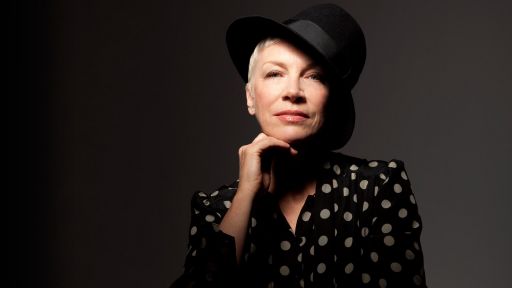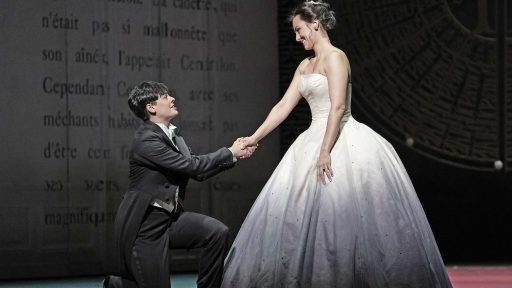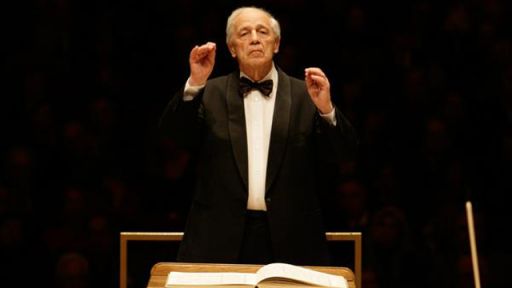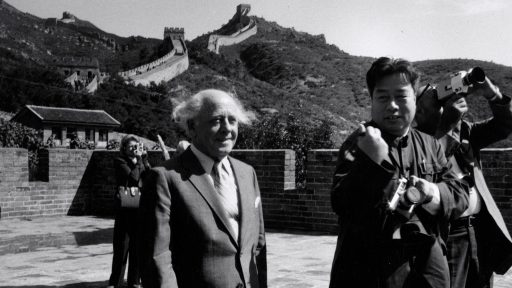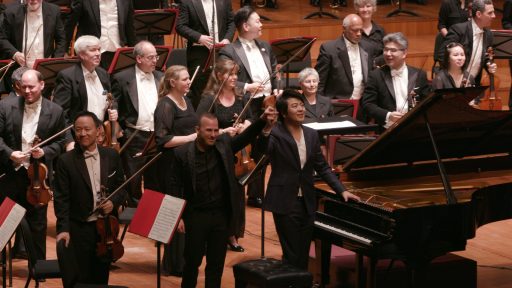Academy Award winning composer, Tan Dun, explores the power of Nu Shu, a sacred language created by Chinese women and passed down from generation to generation.
Features
Tan Dun: There is a very famous folk song from Hunan, it's called Liuyang River, Liúyánghé. [begins singing Liúyánghé] It means the Liúyánghé turns, nine turns.
Actually I was growing up on the 9th turn of this river, it's exactly in the center of Hunan.
I was questioned by my father, do you know Nu Shu? Nu Shu, is in Hunan, a deep mountain. This language was singing from only mother to daughter, within the women.
Being a very sacred language invented by the women, but it's disappearing.
So I decided to use my camera to shoot all these grandmothers and daughters and sisters.
And later on I put this film, synchronizing with the Philadelphia Orchestra, together.
Elizabeth Hainen: We talked about the harp, quite a bit and how much he loved the instrument.
TD: I said why why not maybe make a harp a solo instrument.
The most feminine instrument transforming as the most powerful storyteller.
With this ancient tradition of the secret language of women.
EH: I'm trying to take in what Tan is telling me about this secret language and these women.
Many women were in arranged marriages at an age of 12 or 13.
And they never saw their families again, this was a way for them to express themselves.
Yannick Nézet-Séguin: Tan Dun knew how to translate the specificity of Chinese culture and music culture, into a language that the Western world could understand.
[harp plays] Hai-Ye Ni: I listened to Ancient Chinese music when I was growing up. That it's still part of me.
He definitely embodies the fusion of East and West.
Anthony Orlando: Chinese bells or stones or from hands into the bowl to make the plucking sound of the trip. Taking pieces of newspaper and tearing them at different speeds, different intensities.
These are all sounds that he's created just with found instruments.
EH: We are playing along with women who are singing in this language, but they're not there in physical form but you feel they're there. And you feel what they were going through, through their stories.
You May Also Like
